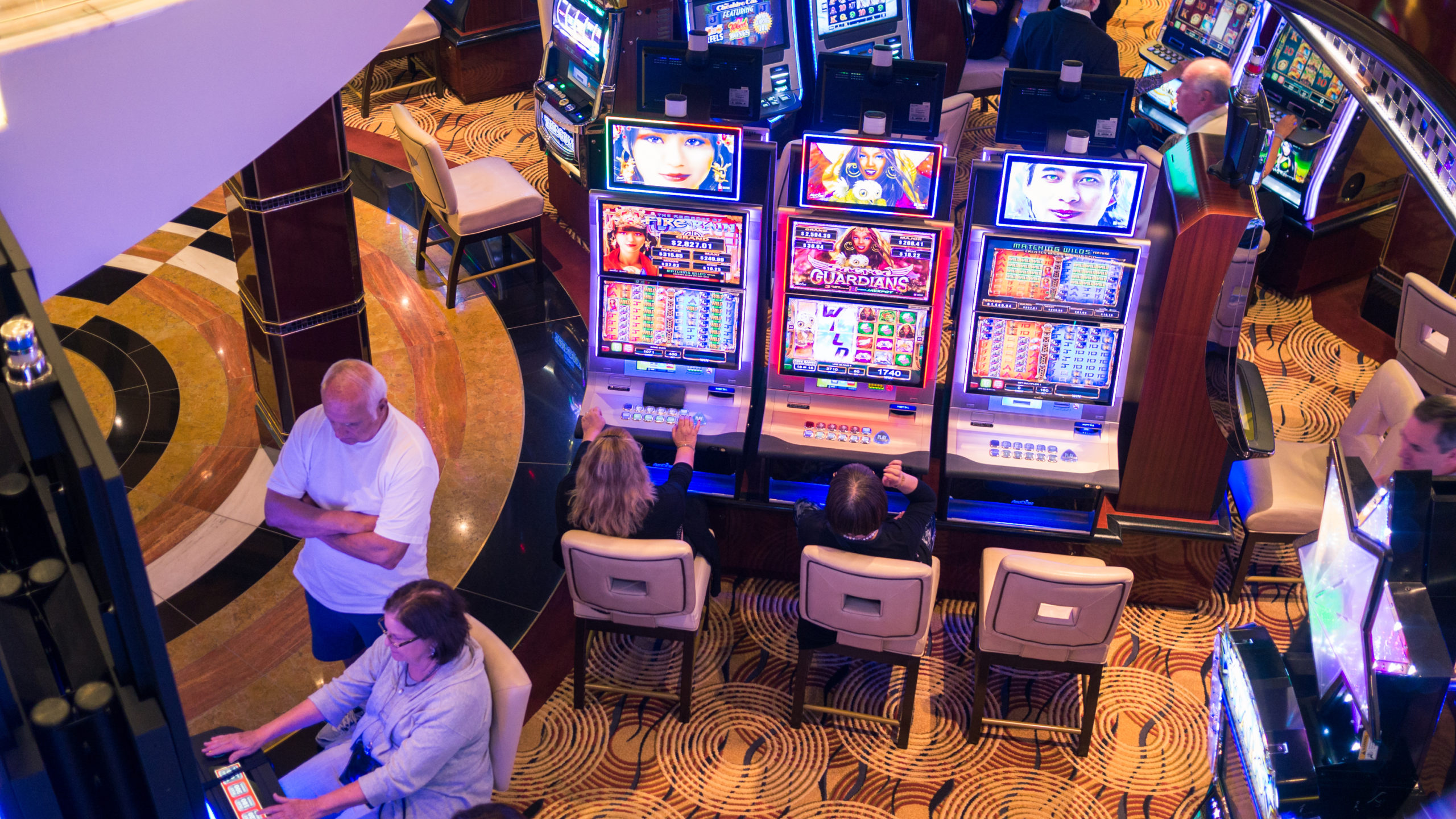Casino Games and Their Impact in Popular Culture

Gambling games have long captured the imagination of individuals around the world, becoming an essential part of both fun and culture. From the glimmering lights of Nevada to the captivating experience of internet gambling, these games evoke thrill, uncertainty, and sometimes even a sense of sentimentality. They are beyond just entertainments; they have woven themselves into the texture of human experience, influencing various aspects from movies and songs to clothing and writing.
The appeal of casino games goes beyond the wagering aspect, tapping into broader themes of fortune, possibility, and social interaction. As players assemble around a gaming table or spin the roulette, they engage in an ancient ritual that connects with our shared desire for excitement and instability. This captivation has led to the growth of numerous references in movies, tracks, and gaming, showcasing how strongly entrenched these activities are in popular culture. Whether it is the pressure of a legendary heist movie or the lively nightlife portrayed in music videos, casino games have carved out a substantial niche that reflects our connection with reward.
Cultural Impact of Gambling Games
Gambling activities have played a key role in cultural contexts throughout history. Originating from ancient civilizations, games of chance were often connected to ceremonies or gatherings. For instance, early forms of these activities can be linked back to historic Chinese and the Romans, where dice games and betting on results were popular pastimes. These activities not only functioned as leisure but also as means of connecting people, facilitating relationships among individuals within communities.
As societies evolved, so did the complexity and structure of casino games. The establishment of formal casinos in the 17th century, particularly in the Italian region, marked a major shift in how games were viewed and organized. With designated spaces for gambling, the casino became a community center where people from different backgrounds gathered. This change contributed to the legitimization of gambling, transforming it from a mere pastime into an established industry that shaped the economy and regulations.
The impact of gambling activities on mainstream culture cannot be overlooked. As they were popularized in books and film, games such as poker and 21 became icons of chance, luck, and strategy. Famous characters and narratives have developed around these activities, illustrating societal attitudes towards luck, prosperity, and vice. non GamStop casino sites UK This fascination with gambling games has infiltrated various forms of entertainment, cementing their place in the collective consciousness and connecting them to wider cultural stories throughout the ages.
Representation of Gambling Activities in Media
Casino activities have long been a popular subject in various forms of media, reflecting both the fascination and nuances of the world of gambling. Films such as Ocean's 11 and Casino Royale portray figures who navigate dangerous scenarios, showcasing not only the allure of the gambling environment but also the tactics and judgments that come with playing popular games like Texas Hold'em and 21. These films often dramatize the thrill of winning and the potential repercussions of losing, encapsulating the dangers involved in gambling.
TV programs have also explored the universe of casino games, often integrating them into the storyline as a backdrop for character development and tension. Series like Vegas depict the experiences of gambling employees and casino-goers, highlighting the lively, often chaotic energy of the gaming floor. Docuseries featuring high-stakes gambling competitions further emphasize the fascination of gambling activities, drawing viewers into the excitement and tactics involved in each session. Through these representations, media not only amuses but also prompts conversations about luck, skill, and the essence of chance.
Digital games have increasingly incorporated gambling activities into their structure, allowing players to simulate the experience of gambling without financial risk. Titles within the landscape of online gaming often include online slot machines, poker, and other popular casino games, creating an interactive experience that mirrors actual casino experiences. These virtual portrayals make gambling activities accessible to a broad demographic, appealing to both gamblers and those who enjoy the thrill of simulation. As a consequence, the portrayal of gambling activities in media continues to shape societal views and cultural significance, highlighting their function in entertainment and the cultural landscape.
Effect of Gambling Activities on Society
Gambling activities have a significant effect on society, affecting various aspects of societal norms and social behavior. They often function as a venue for social interaction, where people gather to experience a common activity. Game nights with friends or visits to casinos become group events that build connections and create shared moments. This communal aspect enhances the entertainment value of casino games, making them a favored choice for festivities and leisure activities.
Moreover, gambling activities have been portrayed in numerous films, TV series, and written works, shaping perceptions and attitudes towards gambling and gaming. Icons like James Bond playing baccarat or the high-stakes poker scenes in films have embedded these games in the collective imagination. This representation often glamorizes the culture associated with gambling, drawing in new players and impacting trends in both fashion and conduct. These portrayals can spark curiosity and lead to a deeper exploration of the nuances of gaming.
However, there are also negative consequences linked to the popularity of casino games. The allure of quick monetary gain can lead to gambling addiction and economic troubles for some people. Society must grapple with these issues, advocating for responsible gambling and education of the dangers involved. Finding a balance between the fun aspect of gambling activities with the risks is vital to ensure that they remain a beneficial aspect of our cultural landscape.
